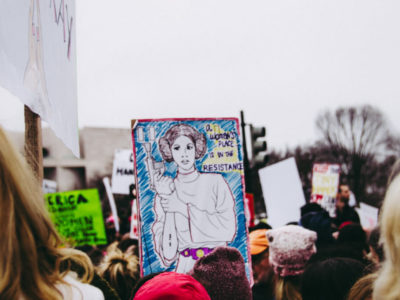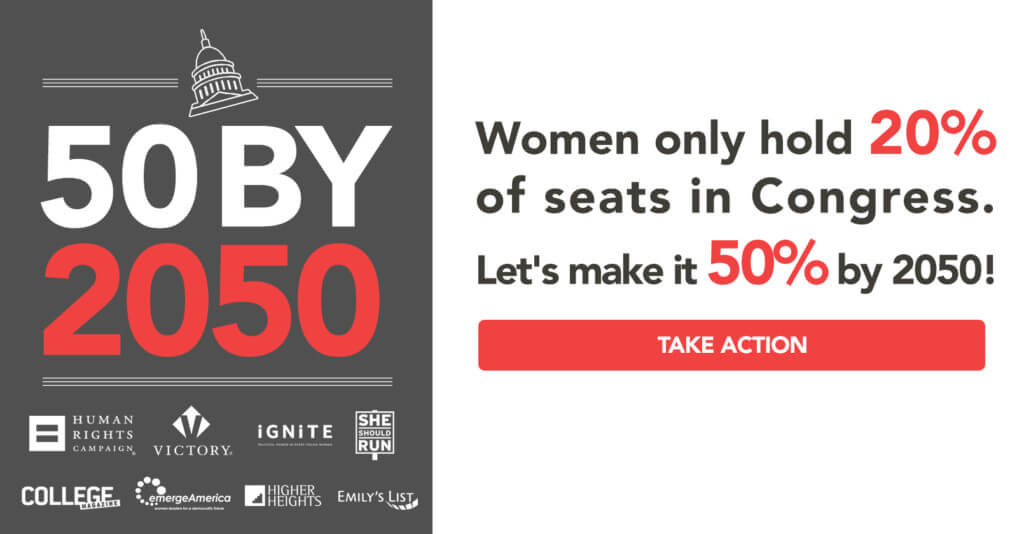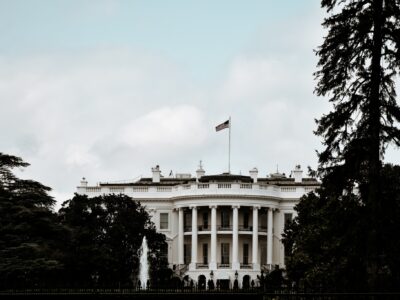Who’s ready for change? According to Emily’s List, a political action committee aimed to elect pro-choice democratic women, more than 12,000 women have contacted them, ready to run for office. “Millennial women can and should run for office. We need those diverse perspectives of young women now more than ever,” said Emily’s List spokesperson Alexandra De Luca. Can you name more than five inspirational women in politics off the top of your head that inspire you? This inequality needs to change. We need more women leaders in office and it begins with you.
Here are 10 Reasons Why College Women will Make Powerful Women Leaders.
1. We’re active in the issues that matter
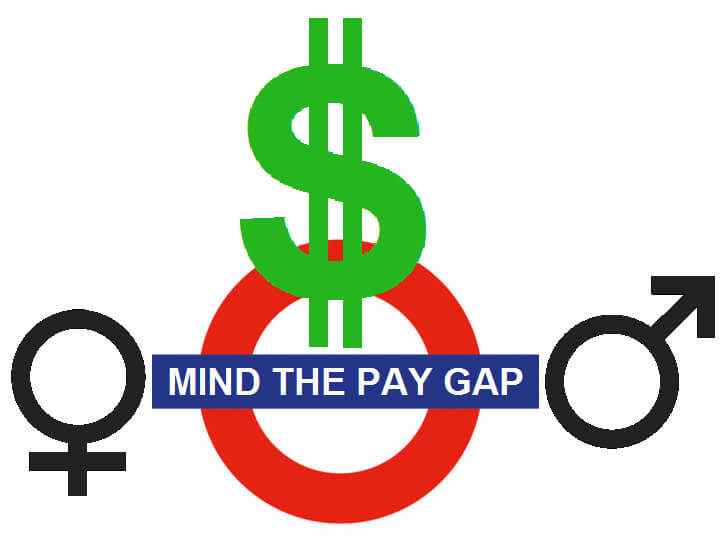
According to Pew Research Center, in 2012, the center found that women express concern about issues such as education, health care, birth control, abortion and the environment at higher rates than men. In recognizing these issues, policymakers ensure the public will understand them on a personal level, especially seen with the effort to close the wage difference. We’ll not only address equal pay, but also fair education, because we can relate.
2. We listen to the voice of the public
When women run for office, they typically emphasize social-oriented issues. For instance, women directly address sexual assault on campuses. Who knew politicians could actually show emotion towards important issues we face daily? That’s where women politicians reign supreme. As Zainab Kandeh a former Student Senate Treasurer of Ohio University told MSNBC, “I believe it is important to be informed enough to assist a student or know of the appropriate resources and administrators who can better assist them, especially in very sensitive cases…encourages a tradition of empowerment and excellence.” Showing their increased concern with their constituents’ livelihoods gives a greater voice to many.
3. Our cooperation to fight for what’s right
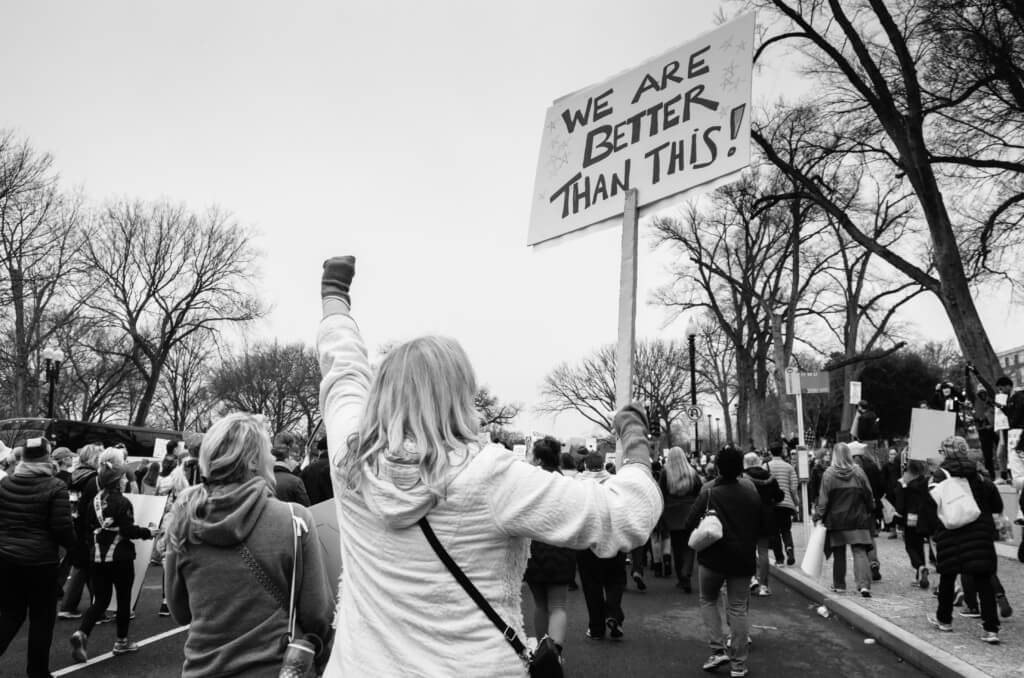
According to Susan A. Markham, in Women’s Political Participation, women are also more likely to work across party lines in order to have resolution. Of course, this doesn’t hold true for all women as individuals often have differing leadership styles. Despite that, women in power have shown open and empathetic negotiation styles. As Democratic Sen. Barbara Mikulski of Maryland told NPR, “We’re interested in governing, not in winning arguments, so much of the guy culture here comes from, like, a courtroom background where you gotta win the argument.” Need I say more?
4. We need a gender equal office

Although women make up half the country’s population, only 22 percent of the 500,000 elected women hold offices in the United States. “There is gender inequality and sexist rhetoric that still persists in our society, I think an increased amount of women in politics would help build a foundation for sustained gender equality in the United States, and hopefully the world,” said University of Florida political science major Antonina Manigola. If you want to see more women like you leading your country someday, you need to make your voice heard. I hope to see our government in an equal light. Don’t you?
5. Our girls are our future
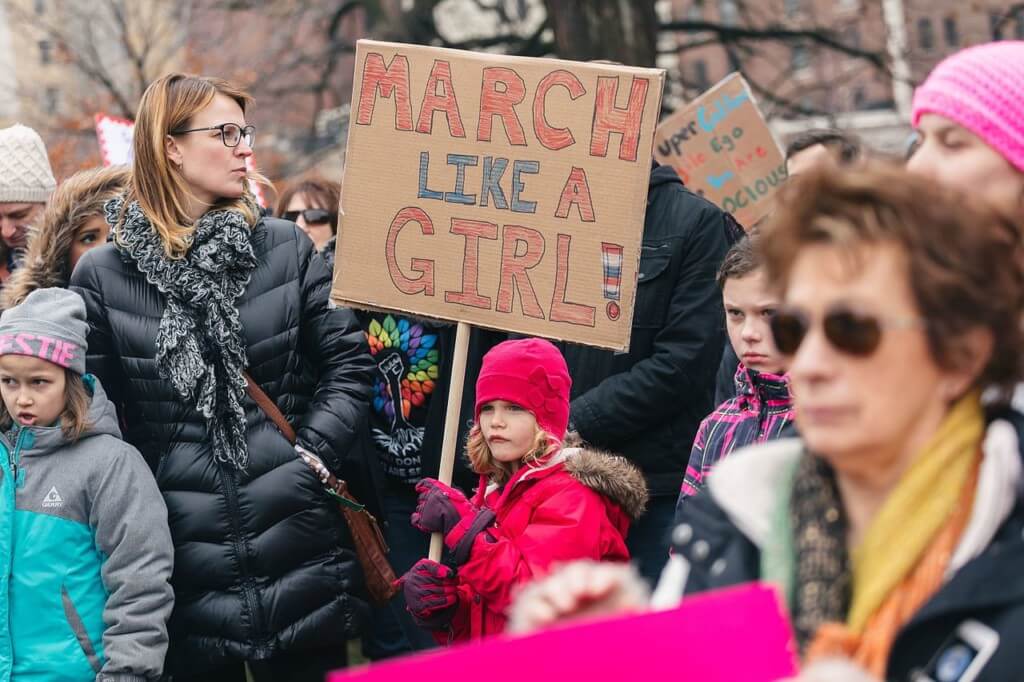
Adolescent girls can’t be what they can’t see, and so the cycle continues. Why not break that trend and give young girls new role models? “Women are just as capable as men to perform any job given to them. It sets an example to future generations of people who want to get into politics,” UF political science major Camila Duque said. At a college level, we’re just barely breaking the surface to joining the ranks of power. Young girls will grow up believing rising to political office as nearly impossible with the few women who have made it thus far. We can’t let this happen—if we act now and realize our potential, so will they.
6. Our productive community work
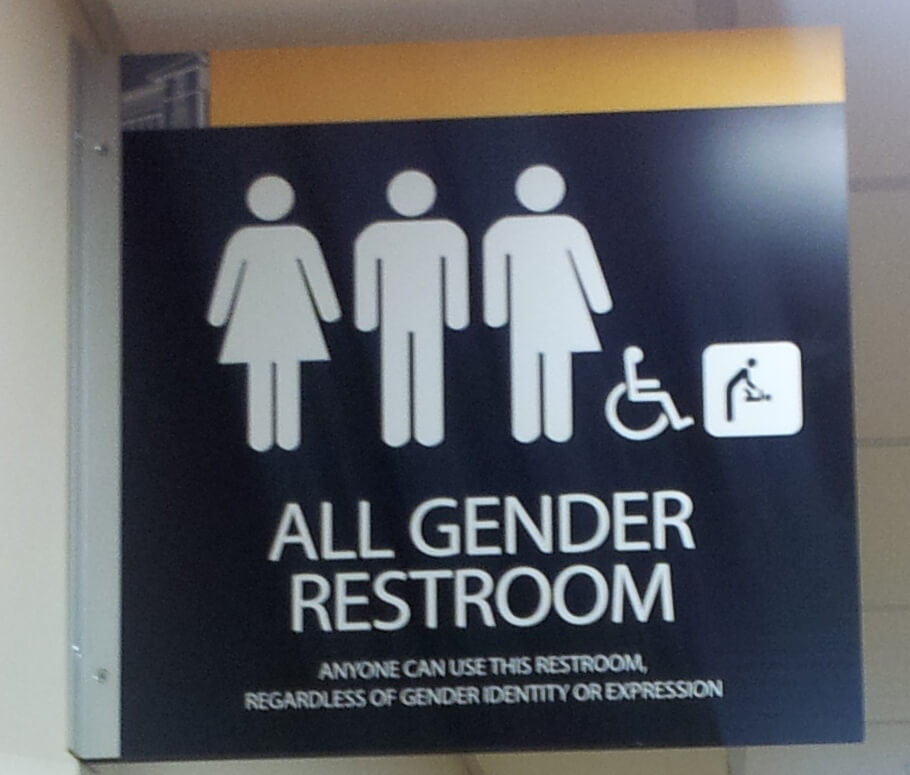
College women already involved in politics either on their campus or directly with their city can produce a more productive place for all people to live, work and play. UF alumni and 2016 Domestic Policy Advisor to President Obama Kalyani Hawaldar provides just one example of an exemplary college woman in politics. “I headed an initiative to bring gender-neutral restrooms to the University of Florida campus.” Hawalder told MSNBC. Needless to say, she was successful. “In 2015, the Obama administration announced that a gender-neutral restroom would be available in the Eisenhower Executive Office Building for visitors to use,” she said. In other words, just imagine what women can achieve in office.
7. We have the qualifications

The majority of Americans feel that women prove just as capable as their male counterparts to succeed in a leadership position. “We have data about our university that shows female students tend to have higher grade point averages, graduate in a shorter period of time and they’re a lot more active in organizations than their male counterparts,” said UF Associate Professor of Political Science and Director of African American Studies Dr. Sharon D. Wright Austin. “All of [these] things would give a person the types of requirements they need to run for public office. [Through] their involvement in student organizations, [they] gain leadership skills.”
8. We understand the lives of all women we represent
https://www.youtube.com/watch?v=z-nmxnmt_XU
This past election 53 percent of white women chose Trump as the 45th president. However, just eight percent of African-American women and 26 percent of Latina voters gave their vote to Trump. “The traditional American political structure dominated by men of a certain class and color,” Duque said. If women don’t challenge this now and at this particular time in our lives, we’ll forever be silenced. “It’s not only about women, but of race and identity as well, different voices bring new perspectives on the issues that are relevant today to every single individual in this country, not just the few who are privileged enough not to be affected by these issues.” In my personal experiences surrounded by other college women, I’ve seen first-hand the tendency to be more open-minded and represent a variety of cultures, identities and experiences as individuals.
9. Our influence to the older generations
At this time in history women are using their voices via social media, protests and marches. These actions prove themselves productive in the way certain issues are beginning to be seen by those who hold much of political office—older men. “Most female political candidates begin their activism in college and when they graduate they work in communities, then decide to run for public office,” Austin said. “The experience they gain allows them to influence higher up officials.” Young women in office can make connections with long standing public officials to ensure that what reigns important in our generation gets passed along.
10. We’ll help break the glass ceiling
Imagine this—if a flurry of college women started running for office, eventually politics might consist of roughly 50 percent women. Goodbye, glass ceiling. “Continue to be persistent, don’t get discouraged, confront the barriers and make connections to win,” Austin said. Furthermore, De Luca added, “We didn’t break that final glass ceiling but an explosion of emotion on election night of women who were angry, sad and frustrated has proven one of the best ways to make positive changes in your communities is to fight back and run for office.” We need to act now and pursue underrepresented positions in public office to make our government an equal place. Young women leaders break down structural and cultural barriers and changes the norms about who can lead—ultimately showing what women are capable of achieving.

